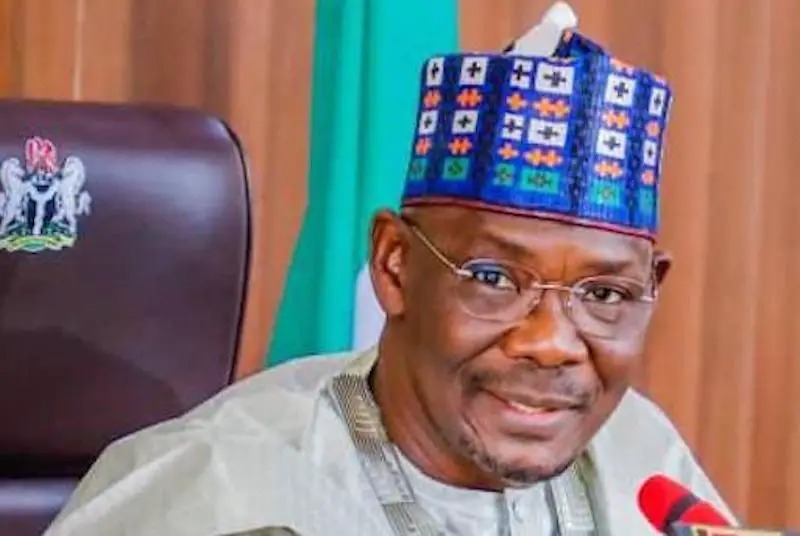BY Ahmed Tahir Ajobe
Nasarawa State Investment and Development Agency (NASIDA), has trained 200 Small and Medium Enterprises on climate-smart practices with a view to mitigating effect of climate change in their respective areas..
NASIDA’s managing director, Mr. Ibrahim Abdullahi, told journalists on the sideline of the sensitisation workshop on climate-smart practices in Lafia that the beneficiaries were drawn from across the state.
Represented by the Head, nfrastructure Finance and Team Lead Public Private Partnership (PPP) in the agency, Mrs. Mayowa Edgar, Mr. Abdullahi explained that the engagement was aimed at empowering businesses with the necessary knowledge and tools to adopt climate-smart business practices that would enhance productivity at minimal cost.
He noted that workshop is in line with the development of a Climate Investment Platform (CIP) by NASIDA in collaboration with Murty International Limited through grant support from the African Climate Foundation.
” We are now bringing some of the ideas and learnings from our stakeholder’s engagement on CIP, fine-tuned by our experts, to show the business community things they can do practically to help their businesses to be more climate-friendly and even save cost in the long run.
“We know that if our businesses are more climate-sustainable in their approaches, they will be able to unlock better financing in the long run.
“You can save cost in the immediate and unlock financing for your business in the long run because organizations are willing to support if your business can meet the criteria for green and sustainability in the business community,” he said.
On his part, the project consultant and facilitator of the workshop, Dr Adnan Aminu, said that SMEs were targeted for the training as the building block of the economy, most of which were not aware of climate change and its impact on their businesses.
“We are here to inform the SMEs about the reality of climate change, to make them see it from their own perspective and how it affects their businesses.
“Our ultimate target is to be able to shift some of them from the business-as-usual way to more climate-smart way of doing businesses.
“Businesses here refers to stakeholders across all sectors – farmers, agro-processors, transport owners, energy used, and all those adding to issues of climate change in the state.
“We want the people to know that there are benefits in switching to more climate-smart practices: environmental and, on many occasions, financial benefits,” he explained.

